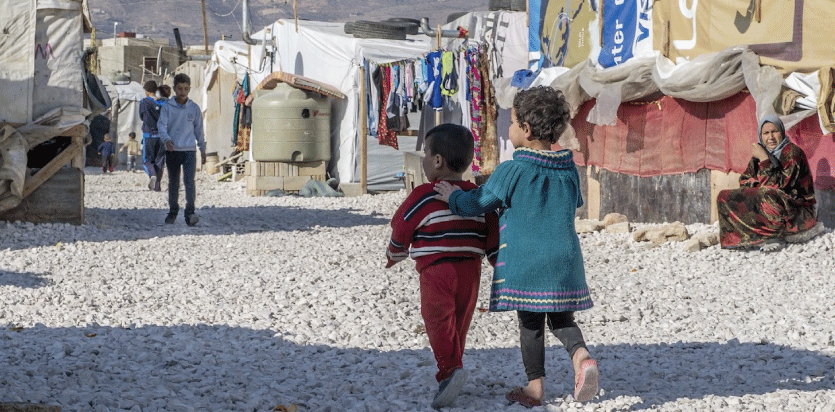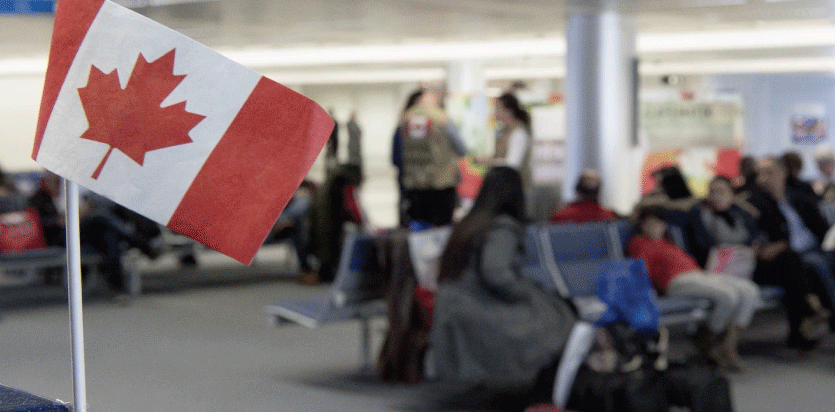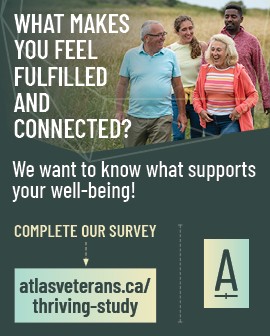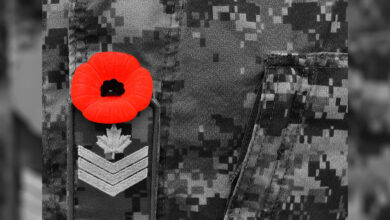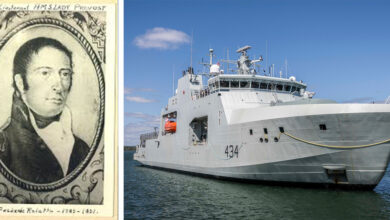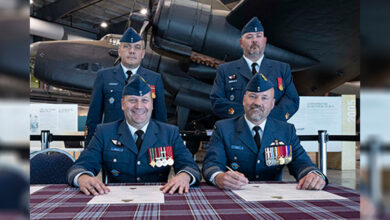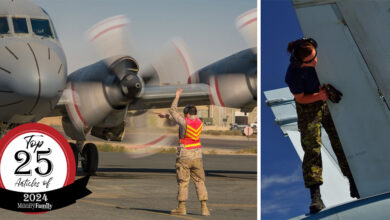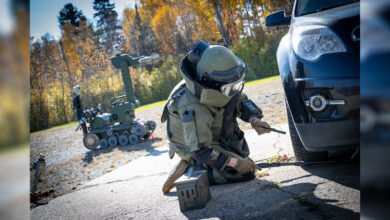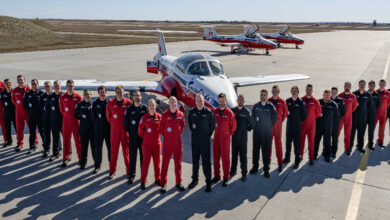Duty CallsUncategorized
Combat Camera documentary captures CAF humanitarian work to bring Syrian refugees coming to Canada
Filmed in the heart of Syrian refugee camps in Lebanon, Combat Camera’s mini-documentary “From Conflict to Canada” gives Canadians a behind-the-scenes look at what it took to bring 25,000 refugees to Canada within a span of a few months.
“This was the largest Canadian Armed Forces humanitarian mission that we’ve ever supported. Just on the scale itself, it was important to understand how unique this mission was,” said Maj. Lena Angell, lead public affairs officer on Op Provision.
In the fall of 2015, the government of Canada announced its intention to resettle 25,000 Syrian refugees on Canadian soil. Soon after the announcement, some 300 Canadian Armed Forces (CAF) members deployed on Op Provision to do their part in resettling refugees, under the guidance of Immigration Refugees and Citizenship Canada (IRCC).
Personnel from across the country, from different regiments and different backgrounds, came together to form Joint Task Force-Forward. Their main role was to assist Canadian Defence Attachés; assist the IRCC with medical screening, applications and collecting biometric data; and then transport the refugees to Canada.
“My first idea was to show how the Government of Canada and the military can work together in the same direction,” said MCpl. Mathieu Gaudreault, videographer with Canadian Forces Combat Camera and the brains behind the mini documentary.
Gaudreault, who was in awe of the way various government agencies and NGOs seamlessly were working together during his deployment on Op Provision, took the idea to Maj. Lena Angell.
“We realized that this is a story where we [CAF] are just one piece, and we’re very much in the support role. To tell the story properly back to Canadians you really have to do it in a holistic way. It’s a whole government mission, so we had to talk about the other parties of the government that are involved in this to really explain how all the pieces come together,” said Angell.
As Angell worked to open doors and coordinate interviews, Gaudreault used his artistic eye and the camera to capture this significant moment in time.
“Getting that human side was a big big challenge as well. I was looking for the emotions, but at the same time it’s professional work that the government is doing so trying to find a good balance in between was my main goal,” recalled Gaudreault.
In just under 30 minutes, the documentary showcases all angles and key players in resettling refugees: IRCC, the CAF, Canada Border Service Agency, Global Affairs Canada, and Canada’s ambassador to Lebanon Michelle Cameron.
The documentary also captures the heartbreaking scenes of refugee camps and the stories of the people who live in them, a task Gaudreault recalls as being one of the hardest while filming the documentary.
“It was a really sad. As a father myself, as soon as I put my foot on the ground and saw all that I got a really big stomach ache,” said Gaudreault.
He made sure to take the time out and understand the situation and how his camera would be perceived here. For the videographer, it was a balancing act of attempting to showcase a good image of something bad.
After capturing all the footage, the video was sent back to Canadian Forces Combat Team in Canada to be polished.
The finished product is a snapshot in time of the unification of various government agencies in providing a second chance to thousands of families. The mini-documentary captures the essence of accomplishing such a lofty goal.
“When we first put the refugees in these Canadian Forces aircrafts in December both the crews of the aircraft and everybody was smiling, everybody was happy. There was a sense of accomplishment.
“That’s basically what summarizes this operation, it’s just a sense of doing something right and seeing all of the smiles of about 290 military personnel that will be away from their families for Christmas but giving the thousands of refugees a first Christmas, if you will, without fear of losing their lives,” said LCol. Patrice Beauchamp, Commander of Joint Task Force-Forward.
Since its release, the documentary has been viewed more than 2,000 times via social media. It has also resulted in Maj. Angell and MCpl Gaudreault being one of the recipients of this year’s Department of National Defence Public Affairs Communication Award of Excellence.
For the team, however, the biggest accomplishment is having the opportunity to capture this story and share it with fellow Canadians.
“It was important to capture how we did this and how we worked together. I think that’s an important story to share with Canadians because it is a Canadian story. I think it’s very much in-line with Canadian values of going out and providing the assistance where the need is required. I think Canadians are very much proud of that work and it was an opportunity for us to capture that,” said Angell.


